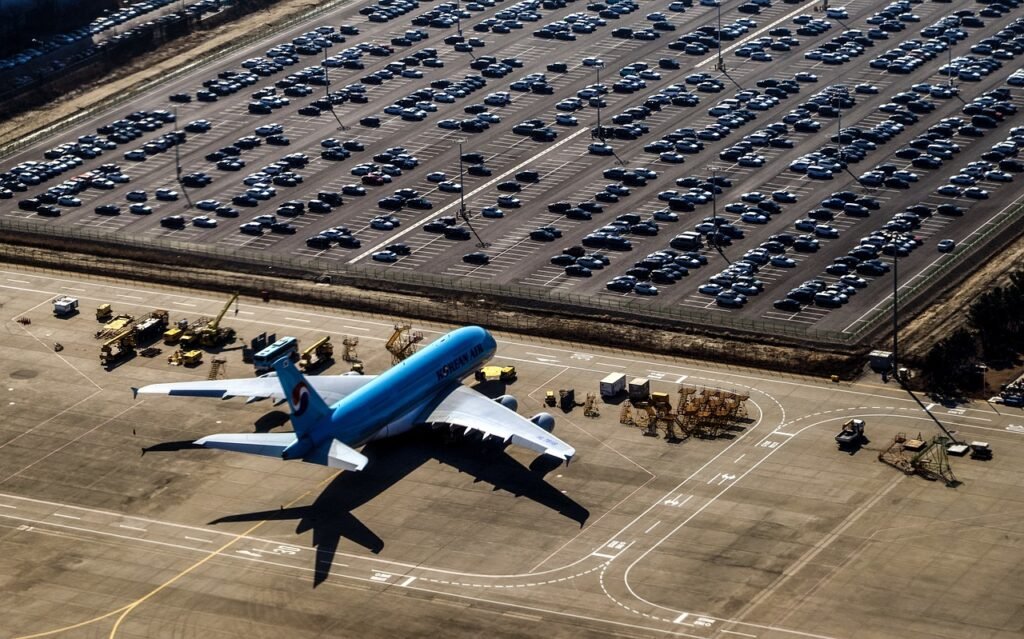If you feel like you want to do something to help the environment, but it feels fruitless and overwhelming, well then this is the article for you! I’m not talking about the emotional part of dealing with being overwhelmed. I’m a scientist, not a frickin’ psychologist! But, learning what your biggest personal environmental impacts gives you what you need to be sure you are making impacts in the fastest and most efficient way possible.
The immediate reaction is to feel like reducing our environmental impacts is a miserable ride that you don’t want to be a part of. But, here’s the secret to making it life improving. Remove the things you hate or don’t care about first, and stop when it makes your life miserable.
Now some people are probably going to jump down my throat for saying that. Like we should do all we can, and I partially agree, but here is what those folks need to understand. If people don’t feel good about reducing environmental impacts, they aren’t going to do it anyways.
Think about it this way. Our power is numbers. A bunch of us making a 20% reduction in their impacts is a much bigger overall reduction than one person making an 80% reduction. Plus… lot’s of people that are on the same page really pressures the government and industries.
Calculating your Personal environmental Impacts
Now calculating your own personal impacts is a bit of an emotional process. Most of us don’t want to feel like we are part of the problem. But here’s what you need to remember. We are all impacting the world, it’s not just you. And, our current impacts are the baseline. Baseline as in, impacts that are already happening so making changes is a positive. Don’t focus on the negatives of the impacts, focus on the positives of the change.
So let’s start with calculating your personal impacts. Click here for my favorite quick and easy impact calculator.

The Big Four
Waste, Transport, Homes, Food. I don’t know if you noticed but that’s what made up a majority of your personal impacts. Now, the great news about most of our personal impacts falling into just those four categories is it makes it real easy to know what changes make a big difference. The tough part is that transport, waste, food, and shelter are either basic needs or some of our greatest wants.
So let’s take a look at the overall premise of each of these major impacts to understand them. Then in future posts we can dive into each of these more in depth to provide some of the best solutions for reducing these impacts. Who knows, maybe at the end of these articles you will find one or two changes that you feel are worth making because they don’t ruin your life.
Waste

Now you might already feel like you know about waste, but let’s really dive into it. Waste is actually more interesting than people give it credit for… or at least I think so.
Consumer waste normally falls into four main categories; single-use items, packaging, electronics, and clothing. Most people think waste is only an issue because it takes up space in landfills, but it’s a bit more complex than that. If you’ve read our article on the sweet sweet world of Life Cycle Assessments (LCAs) then you will already know that disposal is only one part of the story. But impacts also need to consider resource extraction, production, use, and thennnn disposal.
Transport

Transportation is responsible for around 24% of global energy-related carbon dioxide emissions, with the majority of these emissions coming from road vehicles. For many folks it’s likely that our impacts for transport come from one of two places. Cars or planes.
Cars are a significant source of emissions, but also are pretty big users when it comes to air pollution, land consumption, and energy consumption. In many countries, passenger cars are the largest source of transportation-related emissions. Good news… hybrid vehicles and electric vehicles are a really good means of us reducing these impacts. If you have doubts on that, I have a whole article coming up on why this is the case! For now, just trust me. I’ll back it up and it will be a lot more convincing than your grandpa who just says “look, when you’ve been around for as long as I have you know a thing or two about a thing or two.”
Planes are interesting. Not only because they float in the air somehow, or whatever they do… but also because they get into the core of climate science. See, planes only average 2.5% of our total CO2 emissions and that seems small, but flying in comparison to driving is a much more harmful form of transport. If you were to fly everywhere you drive, your personal transportation impacts would be two to four times worse! And that’s just the CO2, but planes also emit nitrogen oxides and water vapor at high altitudes which create global warming in different ways. Long story short… if you have ever wondered if driving or flying has worse environmental impacts, the answer is always flying.
Homes

Buildings and homes account for around 39% of our global warming impacts. Now most people only think of lights and heat when they think of impacts but this also includes construction.
Interesting things about homes. If you remember your parents yelling at you for not turning off the lights… well, this is a much smaller issue now than it used to be. Technology in lighting has vastly increased. I know this first hand because our house is hooked up to an energy monitor and I run around it like a crazy person flicking things on and off to see how much energy they use and where I can save us energy.
What’s also interesting is that we are seeing an absolute revolution in energy efficient buildings this century. It’s super interesting and definitively one of the best areas for humans to be focusing on fixing our climate issue because a lot of the technologies that we need already exist and they also can save folks lots of money.
Click here for our best tips on building an energy efficient home.
Food

Full disclosure here, I love bacon. Not eating bacon is definitely something I could do to reduce my personal impacts. Spoiler alert! I’m not going to do that.
Here’s the long and short on food. Food is really complex. It’s a basic need and is really important to humans. It also has a lot of different types of environmental impacts. Agriculture is responsible for around 25% of global greenhouse gas emissions, 70% of freshwater use globally, and contributes to soil erosion, biodiversity loss, and creates issues with contamination. Science and basic knowledge state that eating a vegan or vegetarian diet is the most sustainable. However, that isn’t always true in cases where habitats are being destroyed for farm land.
It’s very very complex. What a pickle!…. Ha! Food pun.
Closure
So now you know the problem. Coming soon… The solutions!
